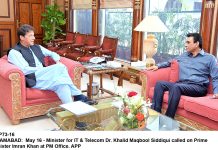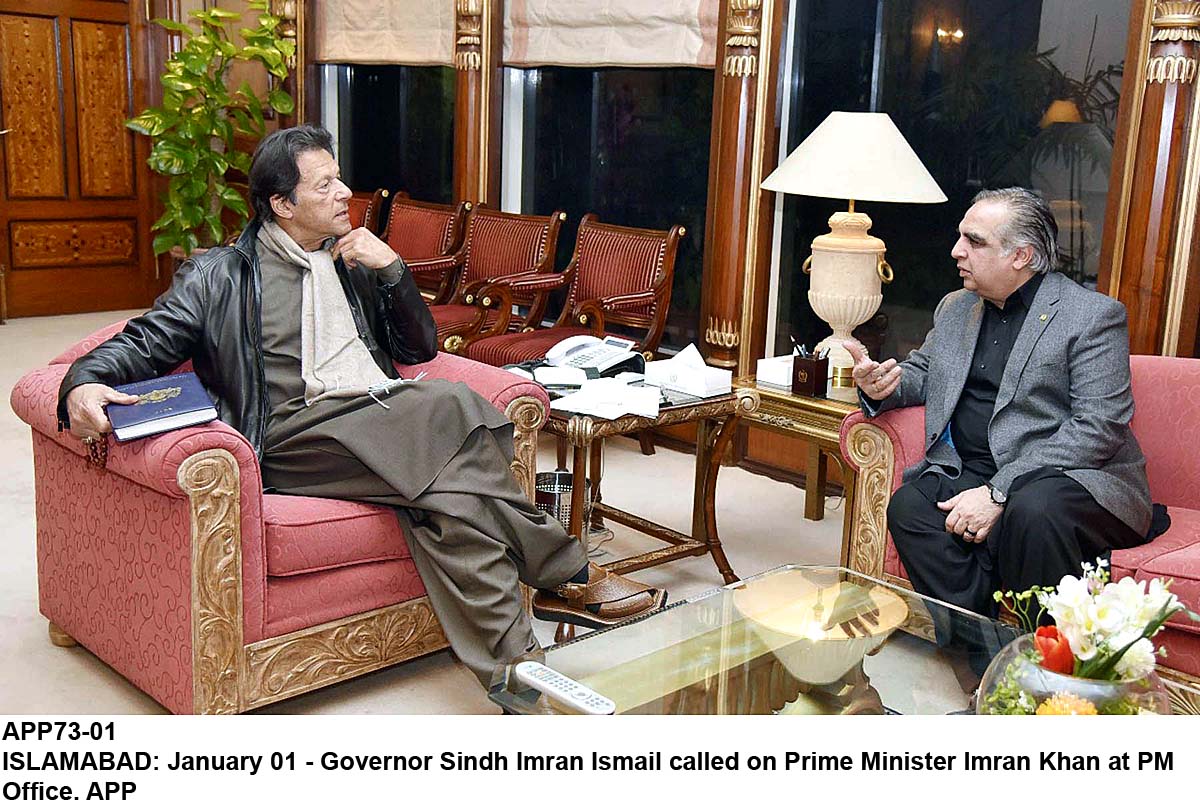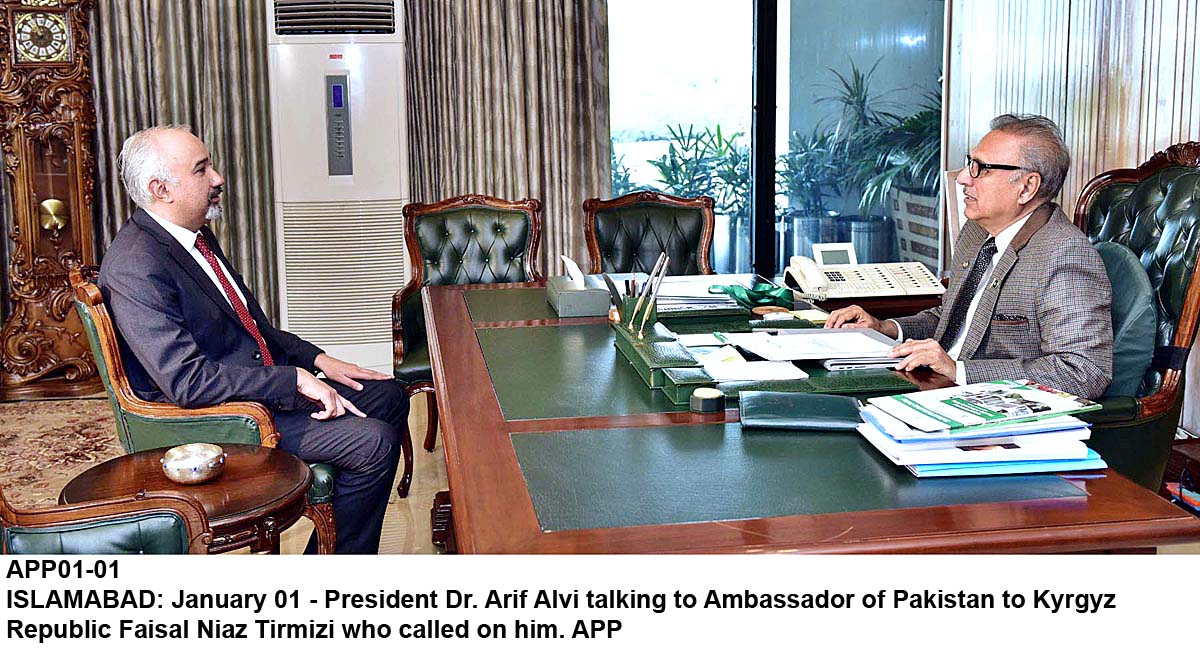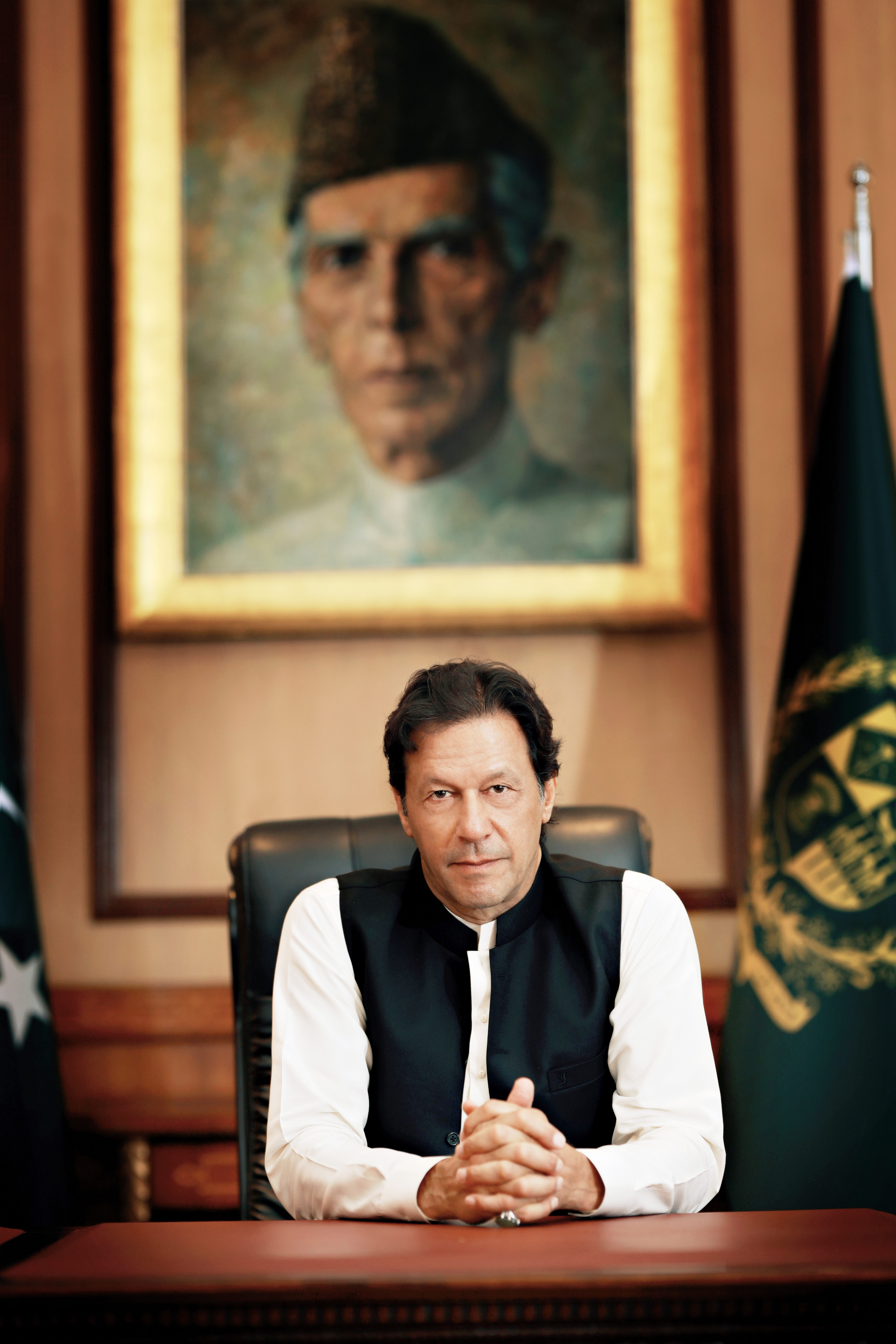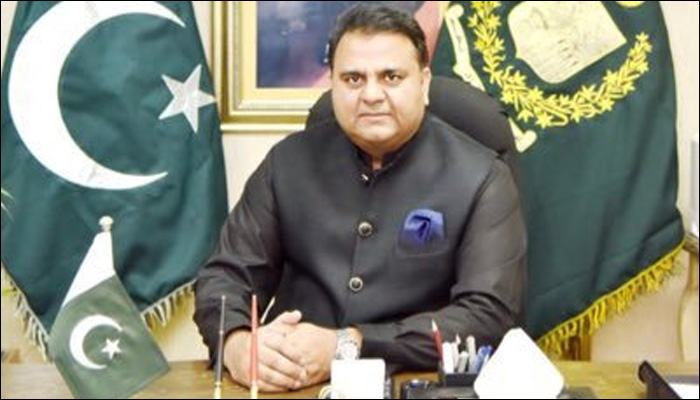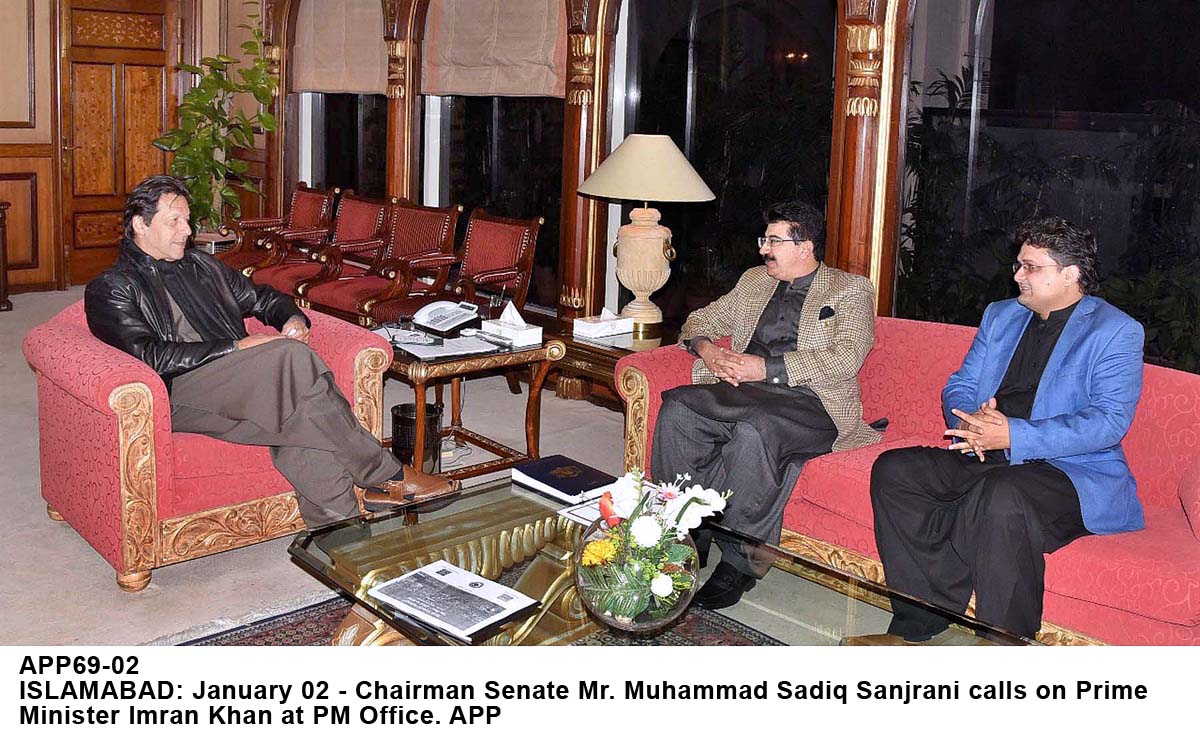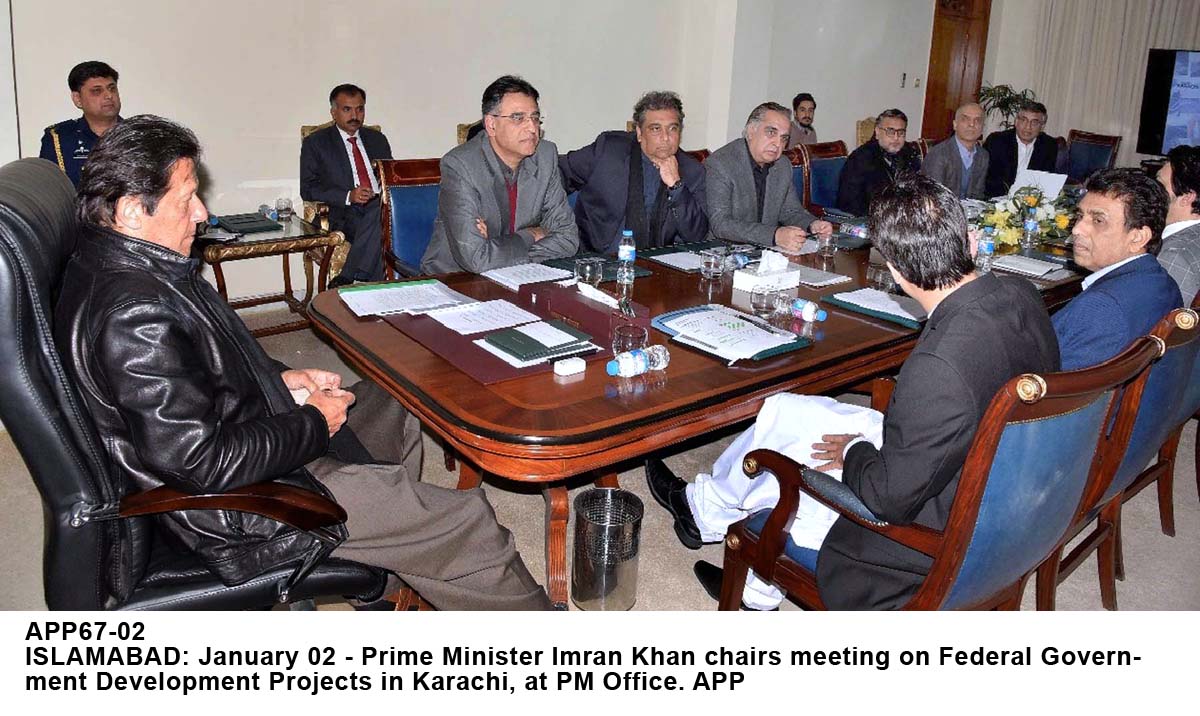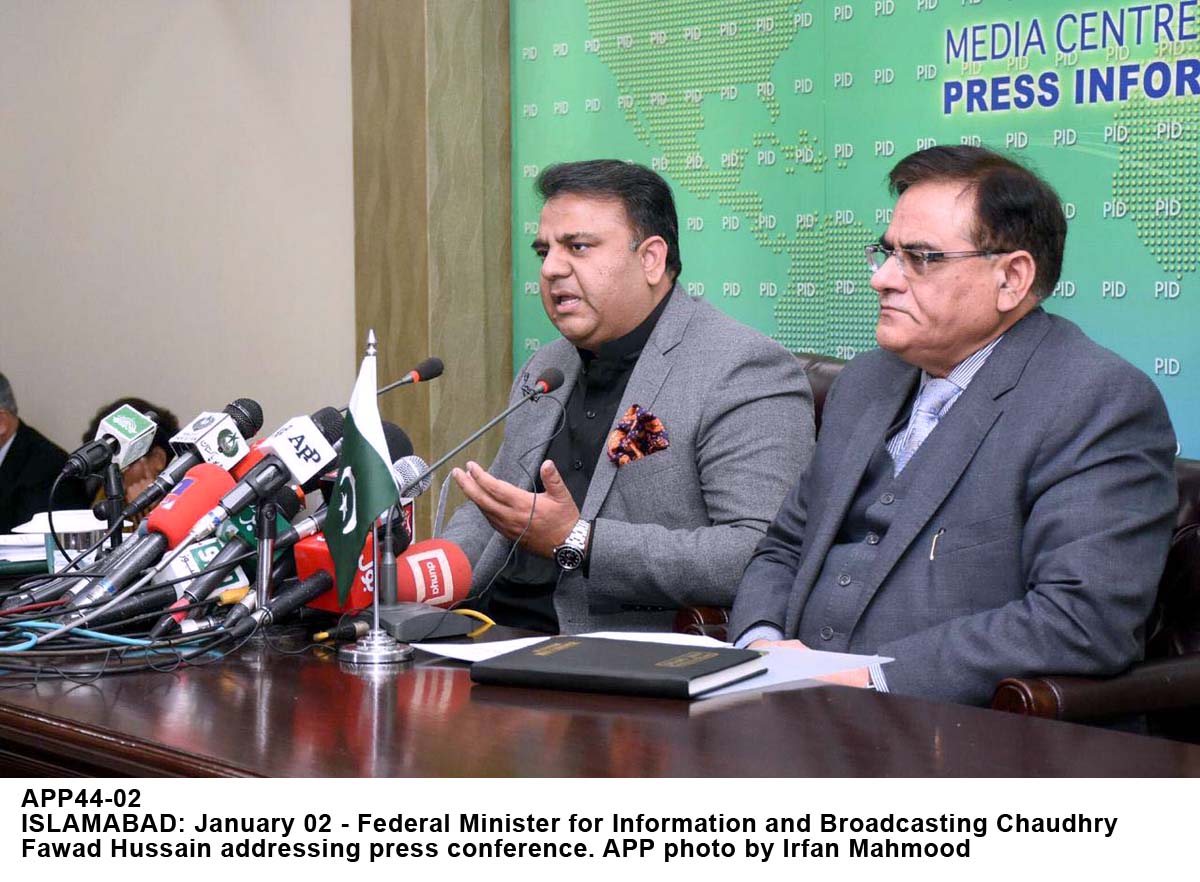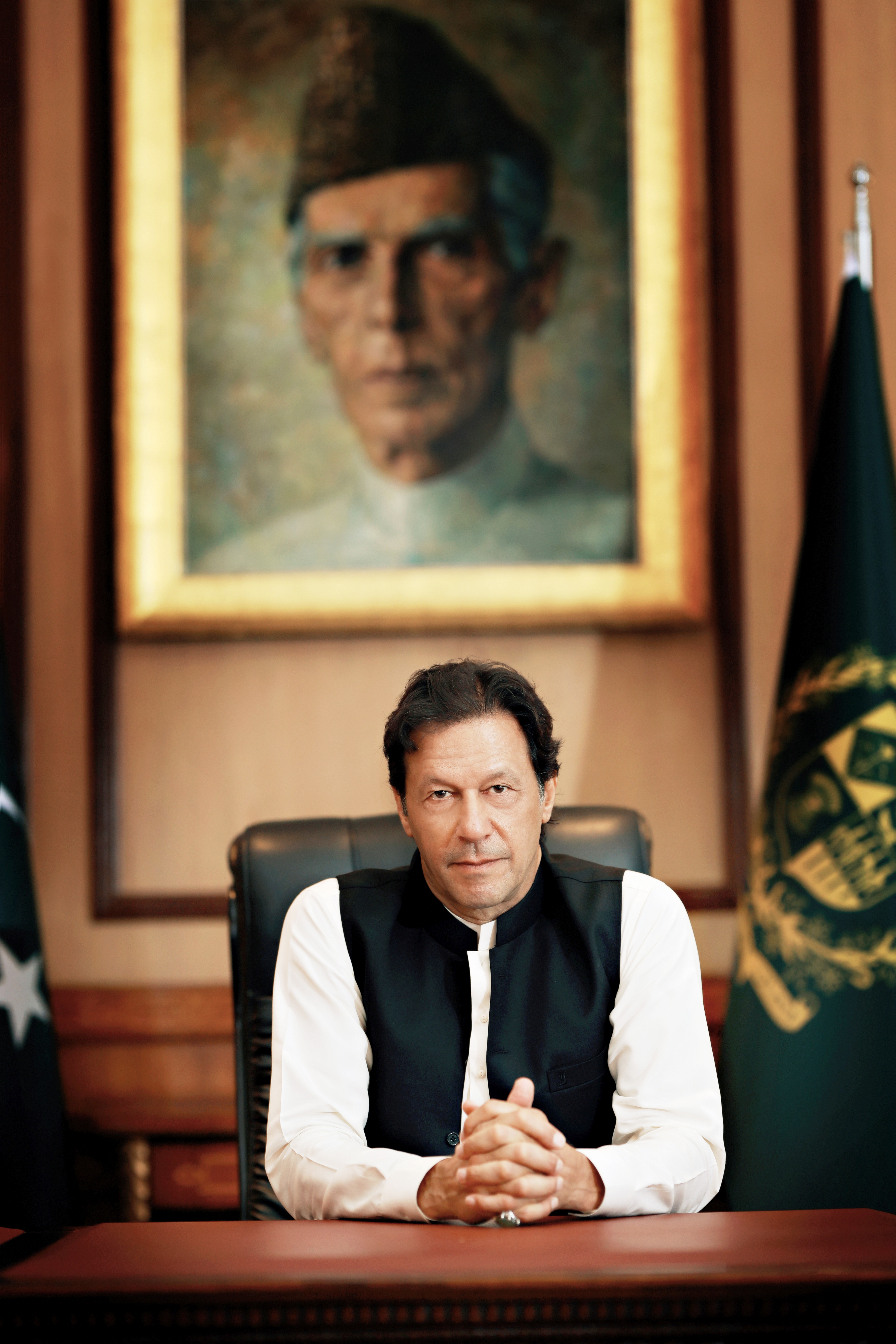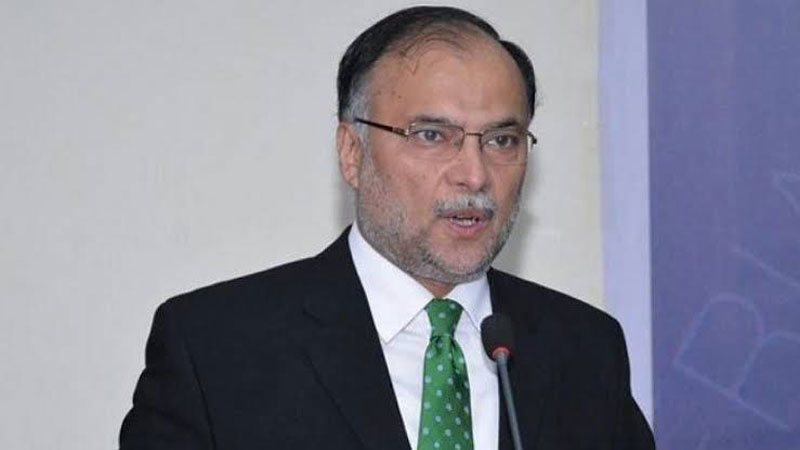
During the National Assembly session held to discuss the Covid-19 situation in the country, opposition leader Ahsan Iqbal criticized the government for failing to come up with a defined strategy to deal with the pandemic. “It has been three months since the first coronavirus case emerged in Pakistan and the government is still unable to share its economic and healthcare policies with the Parliament,” he stated. He further lambasted the government for using the current situation for political point-scoring.
Iqbal criticised Prime Minister Imran Khan saying that he is inexperienced. “The prime minister is not just inexperienced but incompetent,” he maintained. “Inexperience is not a bad thing, people learn, however incapable do not,” he said adding that the crisis called for the prime minister to unite people and bring them on the same page but instead he only went about criticizing the Sindh government. He pointed out that none of the state ministers were present in the session to respond to the opposition’s queries.
The former planning minister also called out the government for appointing advisors from the security forces. “This is the government’s way to hide its incompetence and blame the national institutions for its failures,” the PML-N leader stressed. He further asked the government to share details of the funds and the debt relief the country has received. Iqbal asked the government to facilitate the return of stranded Pakistanis abroad so that they could spend Eid with their loved ones.
Pakistan People’s Party leader Shazia Marri also criticized the government for their ‘lack of seriousness’ to deal with the coronavirus.
“Stop downplaying the coronavirus crisis,” she stressed clarifying that the virus was not only affecting the elderly population but many young people were also victims of Covid-19.
Marri further said that Sindh government was following the guidelines laid down by the World Health Organization.
She said the government needed a uniform policy to deal with the crisis.
“The first coronavirus case emerged in February and the Parliament session is being called in March,” she outlined adding that the government has not defined a clear strategy to deal with the virus.
She also urged the government to focus on the locust attacks which could lead to a potential food security crisis in the country.
Meanwhile, Planning Minster Asad Umar has said Pakistan has achieved the capacity of conducting over 15,500 corona tests per day and 70 laboratories are fully functioning in the country. In his remarks in the National Assembly, he said over one thousand ventilators are being added to the existing health facilities to treat the corona affected patients.
Around one hundred thousand health workers, including doctors, nurses, and paramedics regarding correct use of Personal Protection Equipment, while five thousand intensive care unit workers will be trained to handle Corona patients.
Regarding government’s relief efforts, Asad Umar said the PTI government has given the biggest relief package of country’s history. The Minister said federal government is working in close coordination with the provincial government in efforts to combat Coronavirus.
He said a strict lockdown could not eliminate the novel coronavirus for it is highly infectious and will continue to spread as was the case in Europe. Unlike dengue which can go away by killing mosquitoes, Covid-19 will end only after a vaccine is developed. He said countries that enforced strict lockdowns to stem the virus spread saw re-emergence of the disease after relaxation in restrictions.
Asad Umar said the Pakistan People Party (PPP) proposed a six-week-long lockdown to combat the virus. Had the six-week lockdown been so effective, the virus would have gone away in countries where strict lockdowns were imposed, he pointed out. He said many countries are coming to realize what Prime Minister Imran Khan has been saying all along about the impact of a lockdown on poor people living on the edge. He reiterated the government’s resolve to keep the people from going hungry as well as protect them from falling victim to the deadly virus.
“We cannot blindly follow whatever is happening in the US, UK and Europe,” he declared and added, thankfully, Covid-19 cases are lower than projected in the country to date.
Meanwhile, Minister for Aviation Division Ghulam Sarwar Khan informed the House that seven thousand stranded Pakistanis will be brought back home before Eid. He said thousands of stranded Pakistanis, including students, workers, members of Tablighi Jamaat, and pilgrims, from across the globe have been repatriated. He said Pakistani prisoners from Oman and the United Arab Emirates were brought back free of cost. He said Aviation Division operated 181 inbound flights and took over 25,000 passengers to their destinations in 27 countries. He said around 250 students from Wuhan and China will be repatriated through special flight on Monday.
Taking part in the discussion, PTI leader Amir Dogar said the government should announce support prices for agricultural produce. He said seeds and fertilizers should be provided on subsidized rates. He said giving priority to agriculture is vital to uplift economy of the country.
Adviser on Parliamentary Affairs Dr Babar Awan said no bill or draft to amend 18th amendment is under consideration. Giving historic background of constitutional amendments, he said several amendments were made in the constitution in past as it is permitted under the Constitution. He, however, said no amendments repugnant to divine laws, enunciated in the Holy Quran and Hadith, can be made. The Adviser said the government will welcome reasonable suggestions from the Opposition to amend NAB law. Participating in the discussion, Minister for Inter-Provincial Coordination Dr Fehmida Mirza said a uniformed national policy should be evolved under cooperative federalism to combat Covid-19. She said national food security should be strengthened and provinces have to play a role in this regard. She said empowering of local bodies can help reach out needy people in far flung areas. The House has been prorogued.

